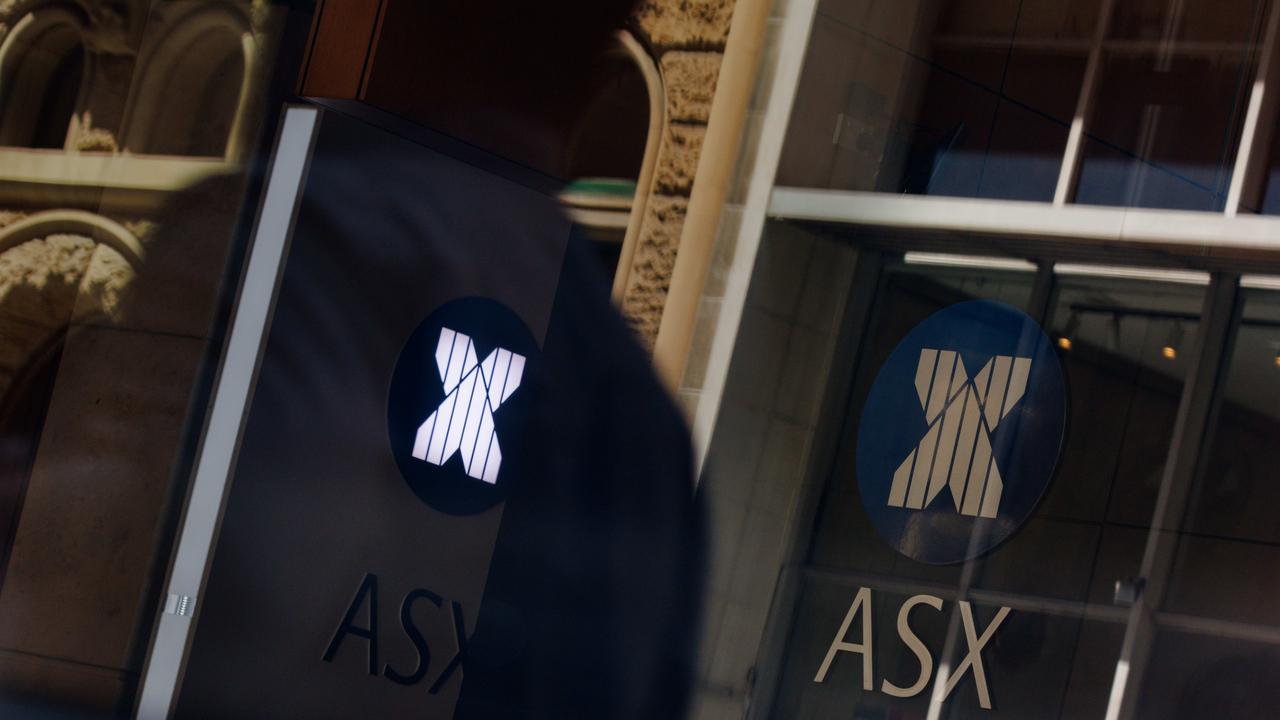Rate cut odds firm as business conditions slide resumes in February
Business conditions resumed their slide in February, reinforcing the case a slowing economy will force the RBA to cut rates.

Business confidence and conditions have resumed their steep decline, supporting calls for renewed interest rate cuts.
Business confidence fell 2 points to 2 index points in February, while conditions fell 3 points to 4 index points, driven by falls in profitability and trading to below average levels, while employment was unchanged at 5 points, according to NAB’s monthly business survey.
The relatively broadbased fall in business conditions continued a relatively sharp fall since April 2018.
Forward orders fell to below average levels in the month, and capacity utilisation declined further suggesting that conditions are unlikely to regain much ground, according to NAB, while confidence has now been below average for some time.
The data has reinforced signs of a rapid slowdown in domestic economic growth in the second half of last year that has fuelled increasing bets that the Reserve Bank will resume interest rate cuts later this year, with NAB predicting cuts starting in July.
NAB group chief economist, Alan Oster, said that while monthly movements in conditions have been hard to interpret in the early part of the year, the February survey was based on a larger sample and was surveyed well after the January period.
Mr Oster said: “conditions have materially deteriorated further to below average levels in 2019.”
And while the employment index has remained resilient to date, labour demand decisions typically lag economic activity, he added.
“This is consistent with published ABS data which shows that growth has slowed, but employment growth and the unemployment rate remain relatively healthy,” Mr Oster said.
“Leading indicators of the labour market will be important over the next few months as we assess the lags between output and employment.”
The trend of business conditions remained strongest in the eastern mainland states — though Tasmania remained highest overall.
Confidence was generally higher in SA and WA suggesting business’ outlook is better than recent experience.
“Conditions remain most favourable in the East, though confidence is weakest in NSW and Victoria suggesting there might be some further pullback there. In contrast SA and WA see some improvement in train, though are starting from a low base,” Mr Oster said.
Forward-looking indicators such as forward orders capacity utilisation fell to below average levels, pointing to “ongoing weakness in business conditions” which “may have important implications for both future investment and employment decisions of business.”
While the decline in conditions has been broadbased across industries, retail remained worst according to Mr Oster.
“It has now reported negative conditions for five months and with the outlook for the consumer remaining weak, we see little improvement on the horizon,” he said.
Overall after December quarter national accounts showed growth has materially slowed in the private sector, the business survey suggests that there has been little improvement in the first two quarters of the first quarter in 2019, Mr Oster added.
“This suggests some further growing risks to our outlook for business investment in 2019.”




